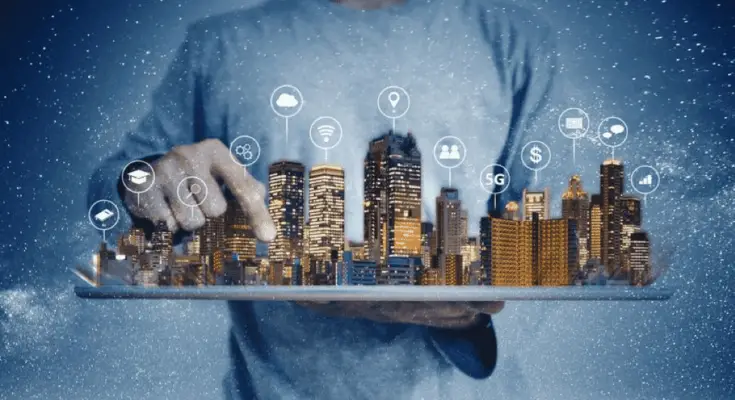Estimated reading time: 3 minutes
Technology has apparently gotten so smart in the last two decades that some pundits are predicting an era where machines are smarter than people. If you’ve ever been concerned about this, then you can rest easy because digital devices aren’t actually becoming smarter and won’t ever replace humanity. Engineers are merely designing tools that solve problems in new and exciting ways. Software is getting much better at predicting the needs of its users, and this is leading to some rather novel applications.
Computers Learn Much Faster Than Humans
People take a long time to learn a concept. It can take years before someone truly masters something. Computers, on the other hand, technically don’t have to learn anything. They can act on any input they’re given instantly. Engineers working in the field of artificial intelligence research developed so-called neural networks that mimic the way humans learn way back in the 1940s.
It took a while for these networks to mature, but they can now store and interact with data based on input fed to programs from other computers faster than ever. As computers continue to share information with one another automatically, they’re increasing the total amount of knowledge they can access. This gives them the ability to make much better choices when users ask them questions.
Analytics is Getting Better at Predicting Behavior
Even though this technology has helped search engines return better results to users, computers still struggle to make certain types of predictions. Software development teams have made several recent breakthroughs in this field, however, and they promise to revolutionize the security and home safety industries.
By paying attention to traffic patterns and other metrics, security cameras can calculate when the most likely time is for crimes to be committed. Modern security camera analytics can identify and predict behaviors and threats both with and without the assistance of humans.
AI Is Everywhere – Even in Your Home
Some people have installed smart security cameras and fire prevention systems in their own homes. Perhaps the most common AI-based standalone device is the learning thermostat, which is helping hundreds of thousands of people save energy. Scientists have estimated that people can save upwards of 10 percent on their total heating and cooling costs by switching to an AI-based thermostat. Autonomous home control is becoming more and more common as it uses AI to make the lives of those that live in the homes easier.
As time goes on, software developers are able to collect more information about how people use their devices. This allows said devices to make smarter decisions than they could before. It could be that the more we continue to apply technology, the more intelligent it will become.
Check out these other articles about similar subjects!
Share this content:



